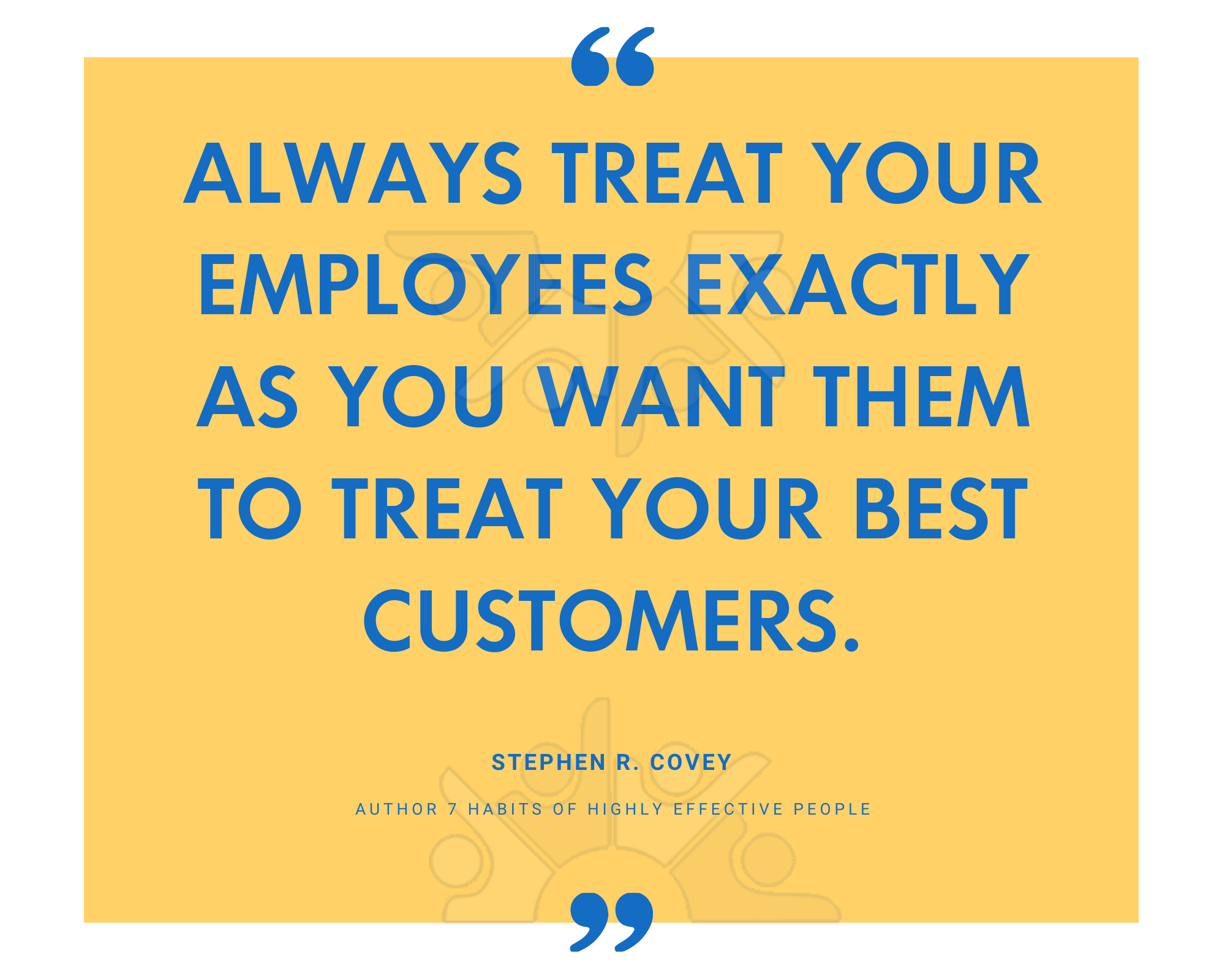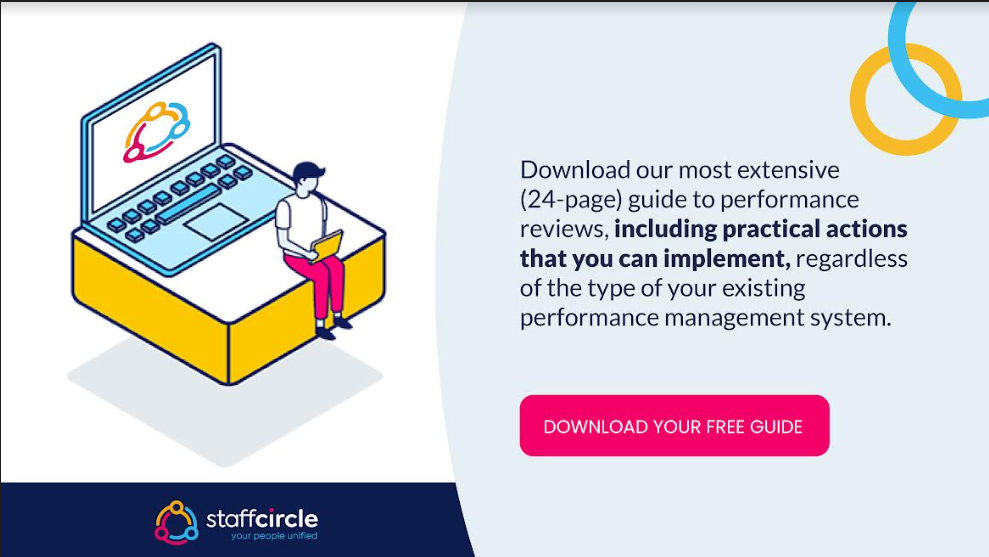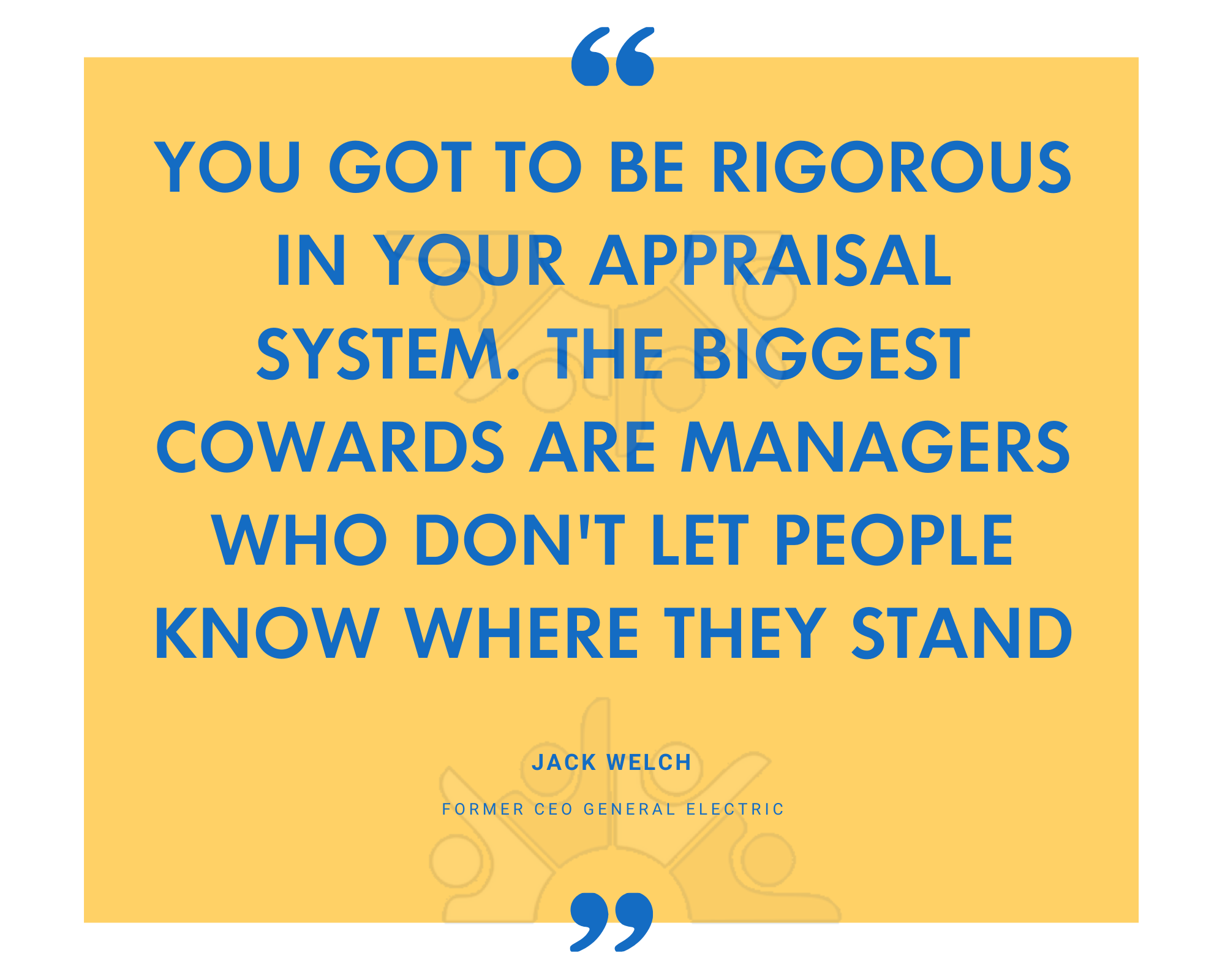Relying solely on annual appraisals has long been a thing of the past. The most effective performance management systems ensure that regular appraisals are a fundamental aspect of their management processes.
Asking the right performance check-in questions can help to maximize productivity and identify clear obstacles towards employees’ goals, as well as improve manager-employee relationships and offer an opportunity for creative input.

Catching up and rapport
A recent survey from Gallup revealed that employees whose managers are more approachable are more likely to be engaged, so if you begin your check-in meeting in the spirit of friendliness the chances are you’ll be getting off on the right foot. Start by asking:
- How’s everything going this week?
- How was your weekend?
- Is there anything on your mind at the moment?
- What are your main priorities for the week/month?
Goals
No matter how well any manager maintains an overview of the processes at work in their teams, it’s possible to overlook a variety of reasons why an employee may not have achieved all of their goals. Asking the right questions to provide an opportunity for them to fill in your knowledge gaps is essential.
Ask questions like:
- What have you been working on since we last met?
- Have you met your goals?
- Have you surpassed any of your goals?
- Have you failed to achieve any goals? If so, was this because of lack of training/resources/management guidance?
- Which goals were you the least proud of? What would you do differently?
- What are your goals for between now and our next check-in?

Performance
When asking about performance, your questions should be worded to encourage your employee to think about specific events and actions, so avoid asking vague questions about how they feel about their performance. Likewise, don’t ask them if they are happy in their role – most likely, they will respond based more on how happy they are feeling at that moment in time.
This is a good opportunity to appreciate how well the employee understands the goals of the company and their role within the culture, as well as shedding potential light on achievements and issues you may not have been aware of.
Try asking:
- What are your most important recent accomplishments?
- What can we do to make your role more challenging and enjoyable?
- Has your performance improved since we last spoke?
- Are you comfortable with how your role is evolving within our company culture?
- How is everything going with your team?
- Do you have any feedback for me you’d like to discuss?
Development

Some employees are clearly a good fit for their role: they hit their targets, are conscientious and motivated, and bring creative solutions to the table. Conversely, under-performing employees might be experiencing a range of problems that can be difficult for management to identify.
Asking the right questions can help to identify any issues you may have been unaware of (for instance, problems with other members of the team, or in their personal lives), so you can see a clearer path to a solution.
Ask:
- Do you have everything you need to perform your role?
- How do you see your role reflecting the company’s culture and goals?
- What tasks do you see as your priority in the short- and long-term?
- How would you improve or change your role to make the most out of working for the company?
- What position in the company do you want to move to next?
Management
An effective company culture should have perennial feedback baked into the system to help ensure alignment between employees and their team members, as well as management. Regular check-ins provide a perfect opportunity for managers and employees to re-evaluate their relationship and identify any areas for improvement in the here and now.
Avoid framing questions in too personal terms. Asking if they feel comfortable sharing their thoughts about your management skills is a sure-fire way to make them feel uncomfortable.
Instead, ask questions such as:
- What can I do to help you be more successful?
- What can the organization do to facilitate your growth in the company?
- Is there anything I can do to improve the way I manage you?
- How do you think we can improve our relationship?
- Do you have a preference or concerns for how you receive feedback?
General feedback and moving forwards
Ending your check-in with an opportunity for general feedback and an outline for moving forwards is a clear way to bring the conversation to a close and keep everyone oriented in the right direction. Ask questions to clarify you’re both on the same page:
- What are you focusing on between now and the next time we meet?
- What can I do to help you between now and then?
- Is there anything we haven’t covered today which you’d like to discuss?





